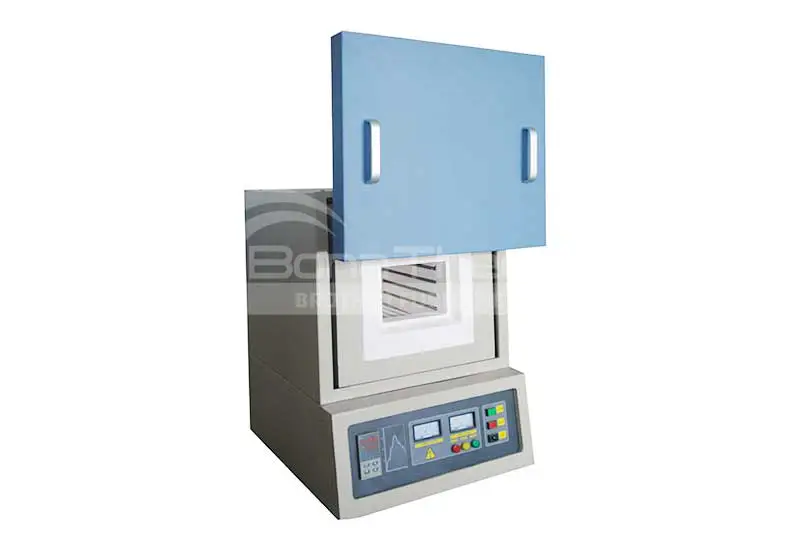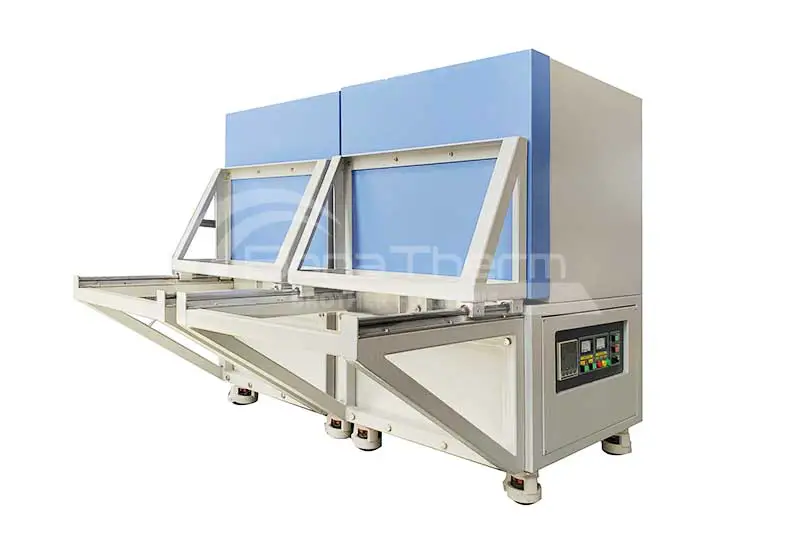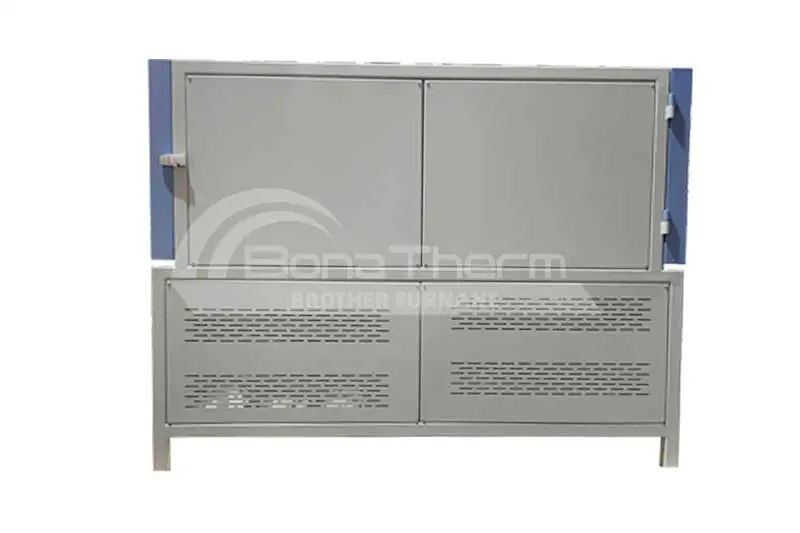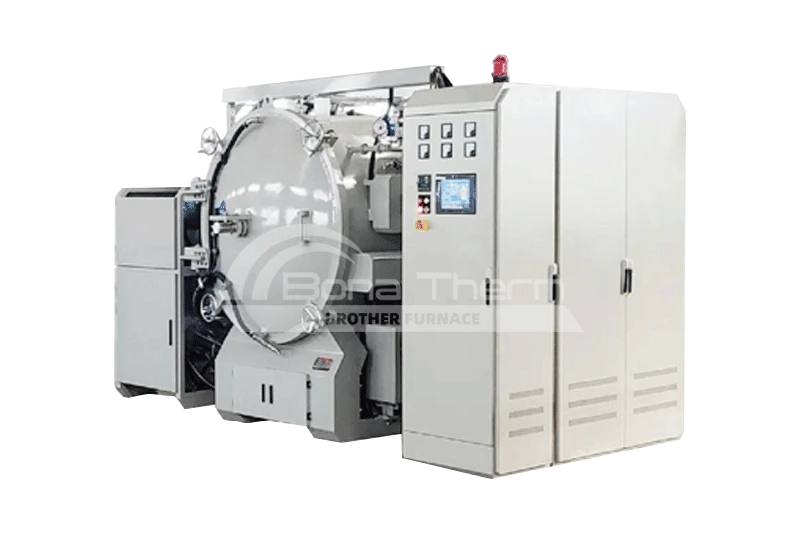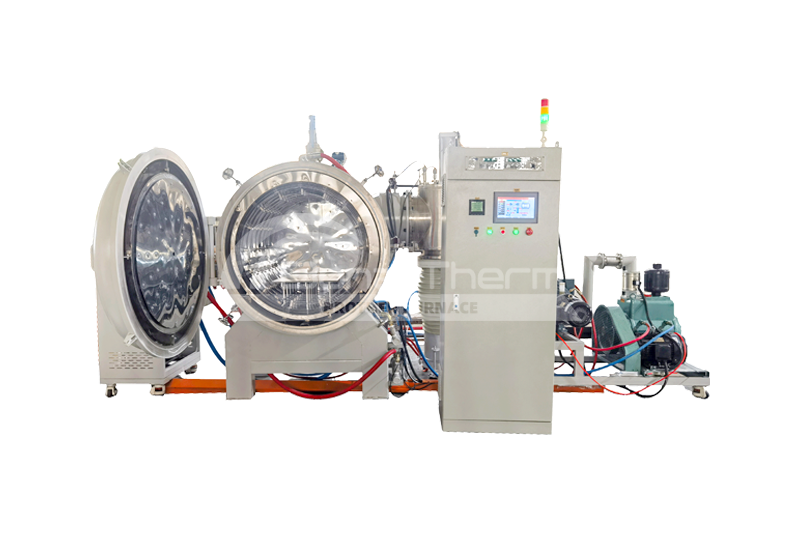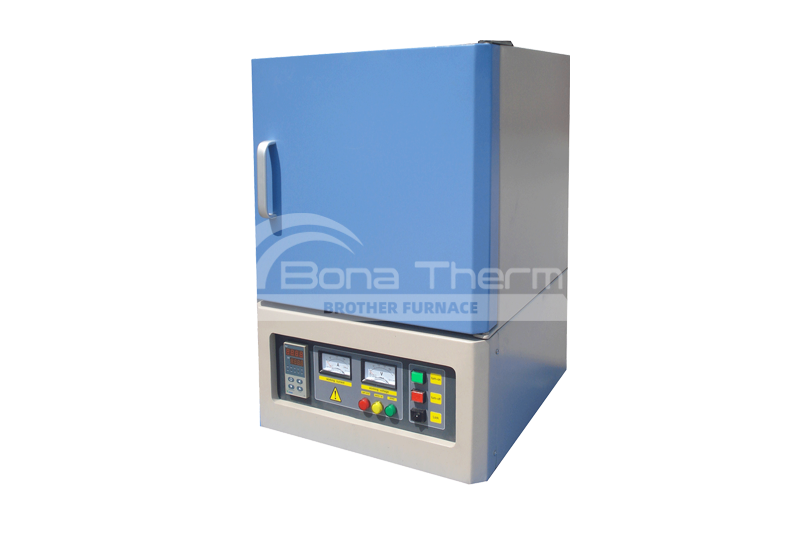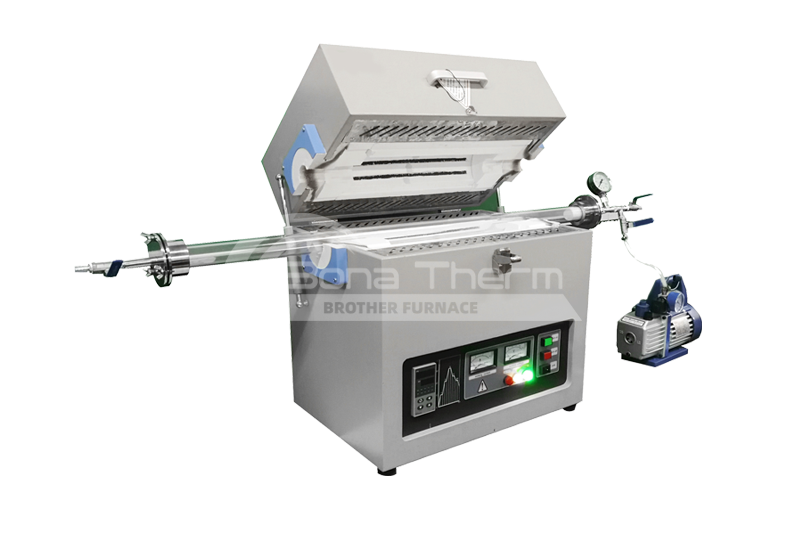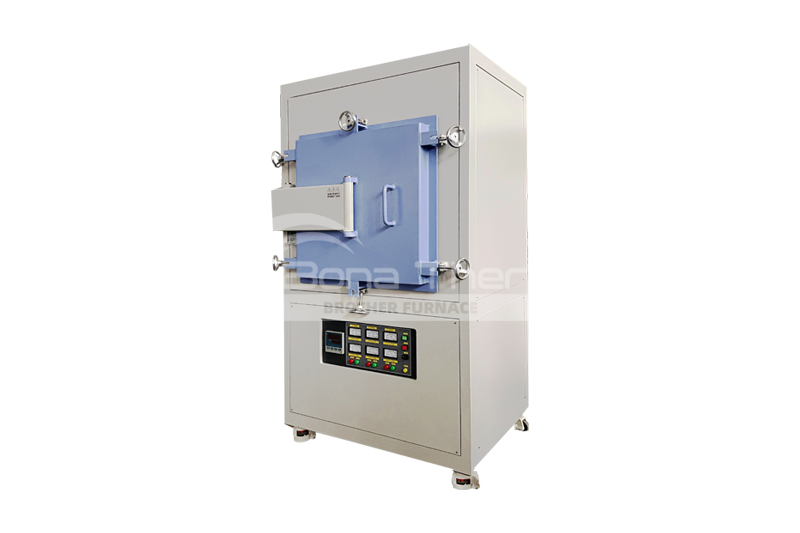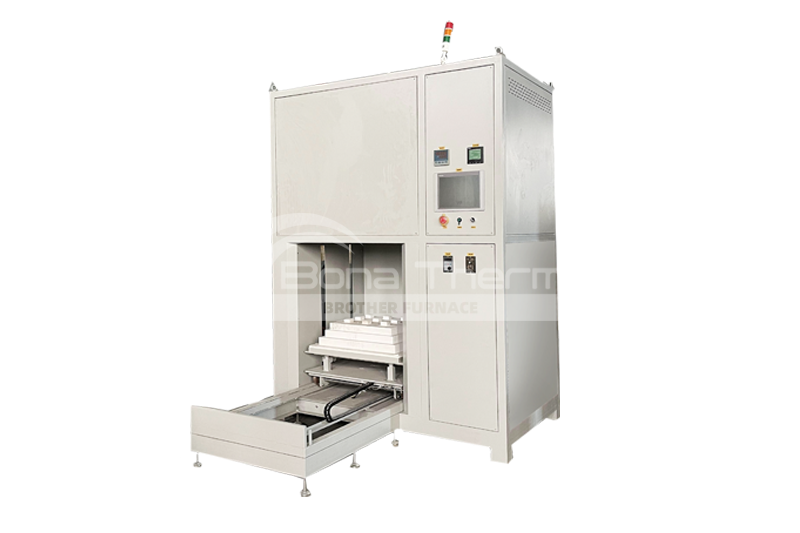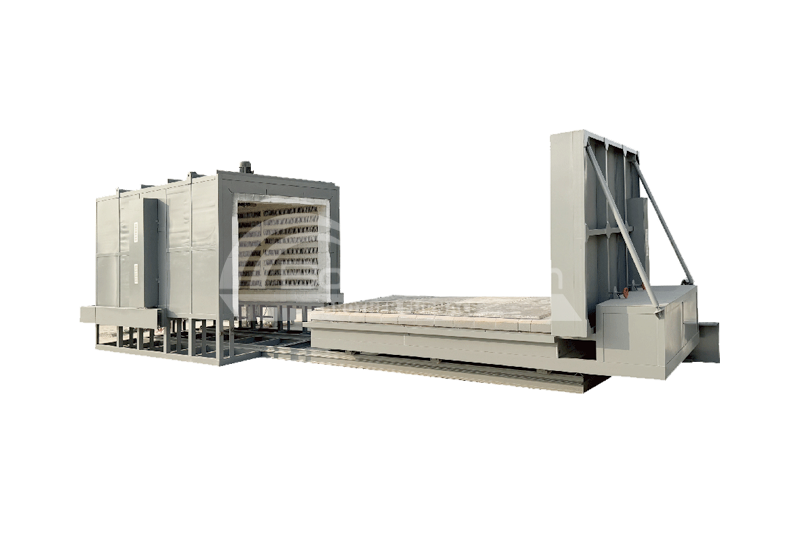What Types of Stainless Steel Are Used in Vacuum Brazing?
 BROTHER FURNACE
BROTHER FURNACE
 2025-04-22 19:03
2025-04-22 19:03
Vacuum brazing is a high-efficiency, clean, and precise joining process widely used in modern manufacturing. Particularly when joining stainless steel components, vacuum brazing offers distinct advantages such as oxidation-free processing, high joint strength, and minimal deformation. As a result, it has become an essential technique in industries like aerospace, electronics, medical devices, heat exchangers, and vacuum systems. But what types of stainless steel are suitable for vacuum brazing? This article introduces the commonly used stainless steel types and their characteristics.
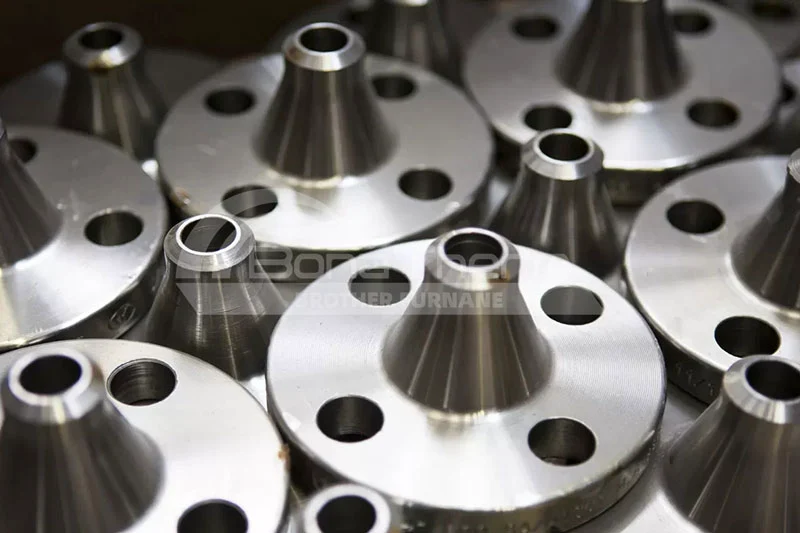
Types of Stainless Steel Used in Vacuum Brazing
1. Austenitic Stainless Steel
Common Grades: 304, 316, 321, 310S
Austenitic stainless steels are the most commonly used materials in vacuum brazing due to their excellent weldability, corrosion resistance, and ductility. They can form strong metallurgical bonds in a vacuum environment with copper-based, silver-based, or nickel-based brazing alloys.
Key Features:
High nickel content provides good crack resistance during brazing
Moderate thermal expansion, resulting in minimal deformation
Capable of forming high-strength, hermetic joints
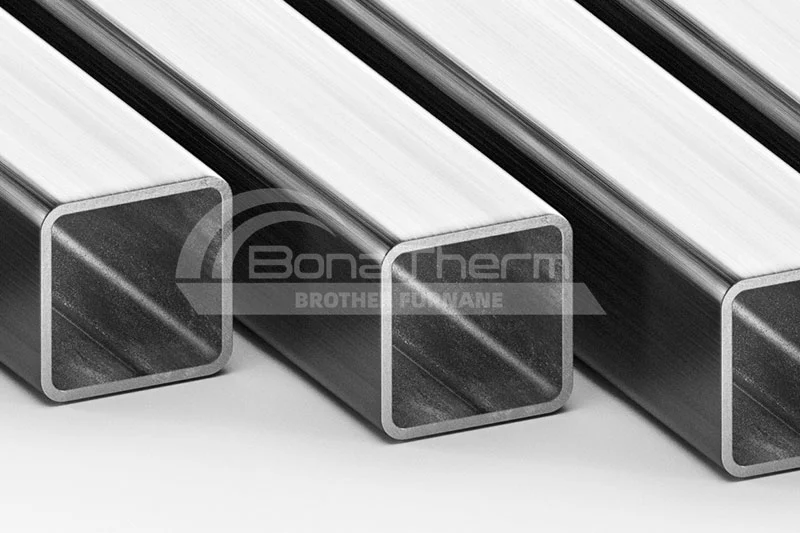
2. Ferritic Stainless Steel
Common Grades: 430, 446, 409L
Ferritic stainless steels are often used in cost-sensitive applications with moderate corrosion resistance requirements. While they exhibit good thermal conductivity and low thermal expansion, their brazability is somewhat lower than that of austenitic steels.
Key Features:
Nickel-free and cost-effective
Low thermal expansion, ideal for large components
Suitable for basic structures and secondary components
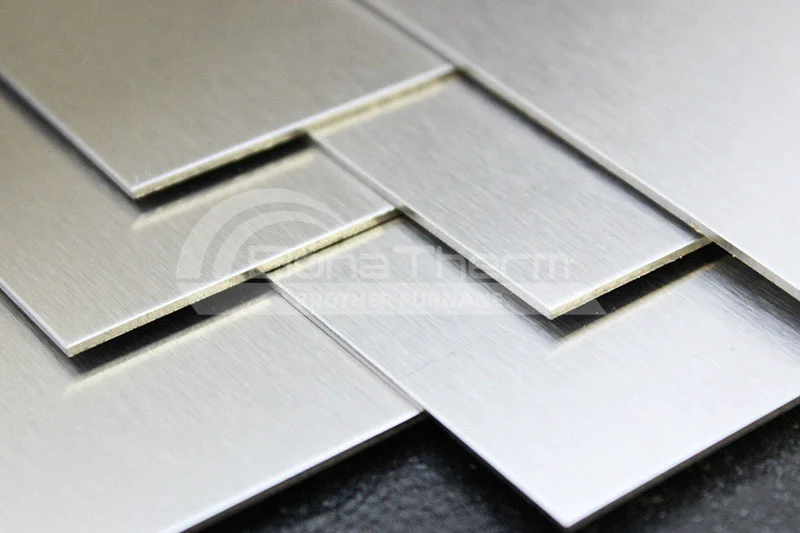
3. Martensitic Stainless Steel
Common Grades: 410, 420, 440C
Martensitic stainless steels offer high strength and hardness, making them ideal for components with demanding mechanical performance. However, they are prone to cracking during brazing, so carefully controlling temperature and heating rate is essential.
Key Features:
High mechanical strength and wear resistance
Heat-treatable to enhance properties
Preheating is recommended to prevent joint cracking
4. Duplex Stainless Steel
Common Grades: 2205, 2507
Duplex stainless steels combine the properties of austenitic and ferritic structures, providing superior corrosion resistance and mechanical strength. However, vacuum brazing of duplex steels is more complex and requires compatible brazing alloys.
Key Features:
High strength and excellent resistance to chloride corrosion
Requires controlled heat input to maintain phase balance
Commonly used in marine and chemical equipment
5. Super Austenitic and High-Alloy Stainless Steels
Common Grades: 904L, 254SMO, Al-6XN
These high-performance alloys contain elevated levels of chromium, nickel, and molybdenum, offering outstanding corrosion resistance in harsh environments. Brazing these materials requires careful selection of filler metals and optimized process parameters.
Key Features:
Exceptional resistance to pitting and crevice corrosion
Sensitive to brazing conditions with narrow process windows
Suitable for high-end applications and precision assemblies
6. Recommended Brazing Alloys for Stainless Steel
When vacuum brazing stainless steels, the following filler metals are commonly used:
Silver-based alloys: Ideal for medium-temperature brazing; excellent wettability and compatibility with most austenitic grades
Nickel-based alloys: High-temperature capability and strong joints; suitable for various stainless steels
Copper-based alloys: Cost-effective and suitable for ferritic and some martensitic steels, but temperature control is critical
Active brazing alloys: Used for joining hard-to-braze alloys or metal-to-ceramic applications
Conclusion
There are many types of stainless steel suitable for vacuum brazing, each with its own metallurgical composition and performance characteristics. Selecting the right material and brazing method depends on factors such as component structure, service environment, mechanical requirements, and joint tightness.
Brother Furnace has extensive experience in vacuum brazing of stainless steel components. We provide professional vacuum Bazing equipment and technical support to meet your specific application needs. Contact us to learn more about our custom brazing solutions.

